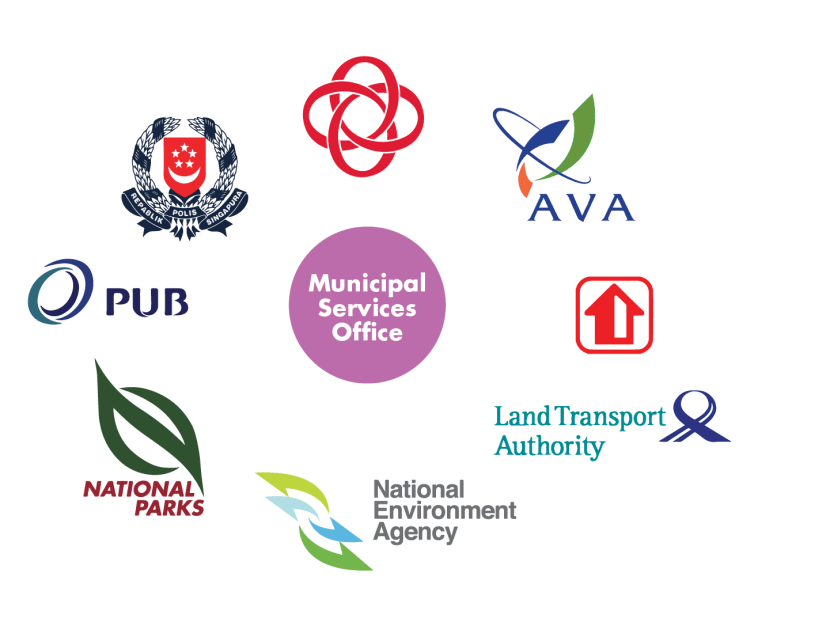Municipal office ‘not catch-all body, but for complex cases’
SINGAPORE — Outlining for the first time her vision for the new Municipal Services Office (MSO) that she was recently tasked to head, Minister in the Prime Minister’s Office Grace Fu said it is not intended to be an “omnibus” body for the public to direct all their feedback for forwarding to the various government agencies.

The Municipal Services Office it is not intended to be an “omnibus” body that will collate all public feedback and direct it to the various government agencies.
SINGAPORE — Outlining for the first time her vision for the new Municipal Services Office (MSO) that she was recently tasked to head, Minister in the Prime Minister’s Office Grace Fu said it is not intended to be an “omnibus” body for the public to direct all their feedback for forwarding to the various government agencies.
Instead, the idea is for the agency to be the place to turn to mainly for complex cases in which the public is unsure who to call.
“If the public already knows that a certain area is done by a certain agency ... actually there is no reason we should create a bureaucracy to pull these services into a central unit,” said Ms Fu, who is also Second Minister for Foreign Affairs, and Environment and Water Resources.
The MSO, which will come under the Ministry of National Development (MND), is being set up to get government agencies to serve residents in a more seamless manner, especially when responsibilities are split, said Prime Minister Lee Hsien Loong at the National Day Rally. A common lament among residents is that complaints and requests can bounce between agencies instead of being quickly resolved.
Yesterday, Ms Fu, who was speaking on the sidelines of the One Community Walk, explained how the MSO would make a difference to residents calling about municipal issues.
“Now, some citizens feel they have to find out who to call. We are trying to reduce their anxiety,” she said. “So, if (one) knows (who to call), of course (he) can just call the number. But if he doesn’t know who to call, I’m hoping to see if I can make it easier for them.”
The MND estimates about 10 to 15 per cent of all feedback various government agencies get on municipal issues involves multiple agencies, or residents approaching the wrong agencies. But status quo remains for clear-cut cases, said Ms Fu, so the MSO “doesn’t create another layer; it doesn’t delay the process”.
“If you’re already used to calling your local HDB office or your local police post, we really don’t want to cause you to have to relearn another number,” added Ms Fu. “So it has to be something you can call and has a way to direct your feedback to the right agencies, but not one that requires you to call only one number.”
How the MSO will receive feedback is still being studied, including the use of mobile applications.
Asked how the MSO differs from other initiatives that were previously put in place, such as the Government’s “no wrong door” policy to put the public in touch with the right agency, Ms Fusaid: “It’s not about finding a right door. We also want to see how we can improve public service delivery, particularly on the customer service part.”
For the first six months, Ms Fu said her focus would be on improving the interaction between the public and the initial eight government agencies — such as the Land Transport Authority and Housing and Development Board — MSO would work with.
Besides how it can better receive suggestions and complaints, Ms Fu pointed out other areas of the feedback loop she would improve, such as the time an agency takes to resolve an issue.
“I think this is important as the public needs to know, have confidence in us, that we are able to take their feedback and suggestions seriously and reply to them,” she said.
Ways to improve operations on the ground will come later, when enough data has been collected to pinpoint problem areas, she added.






